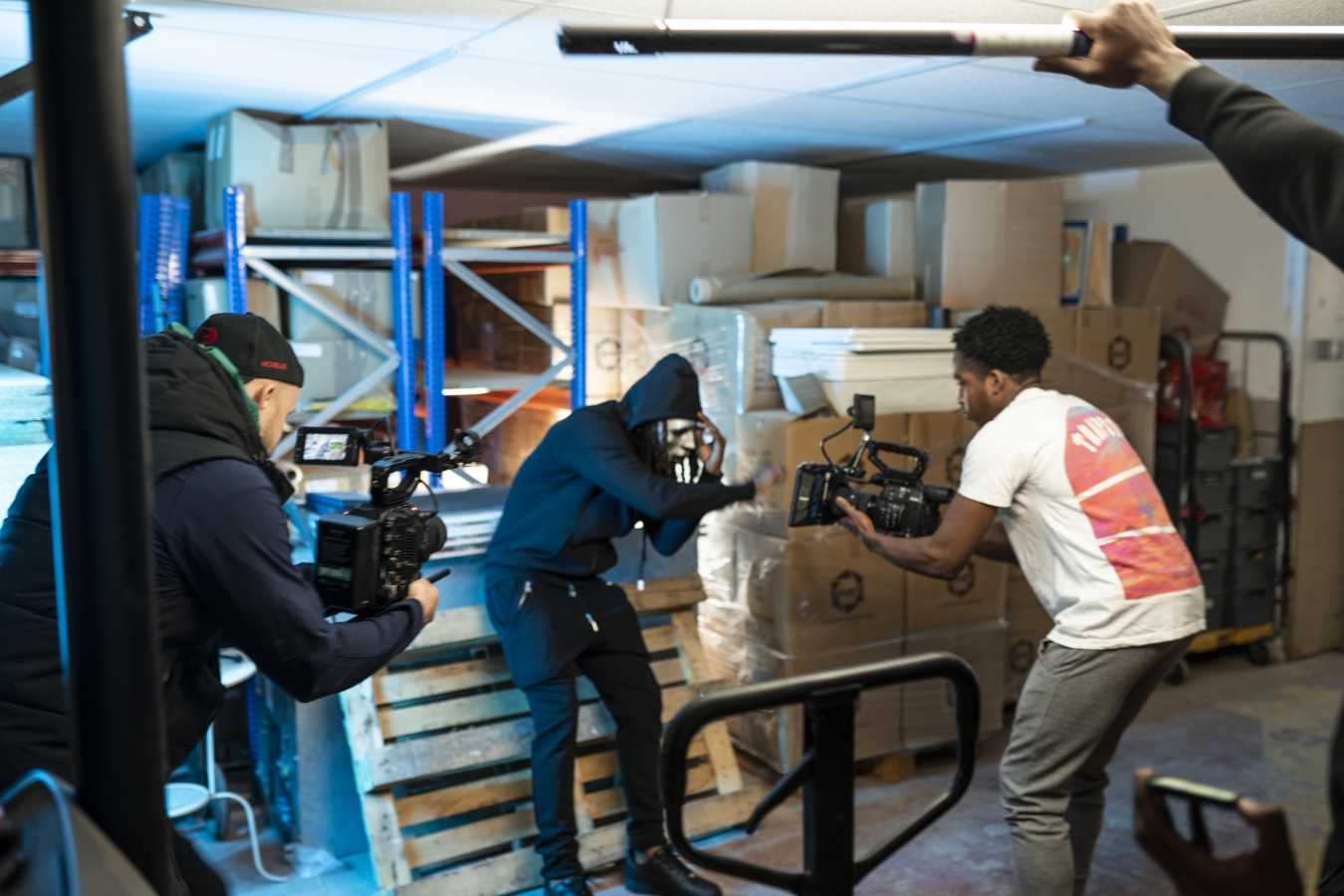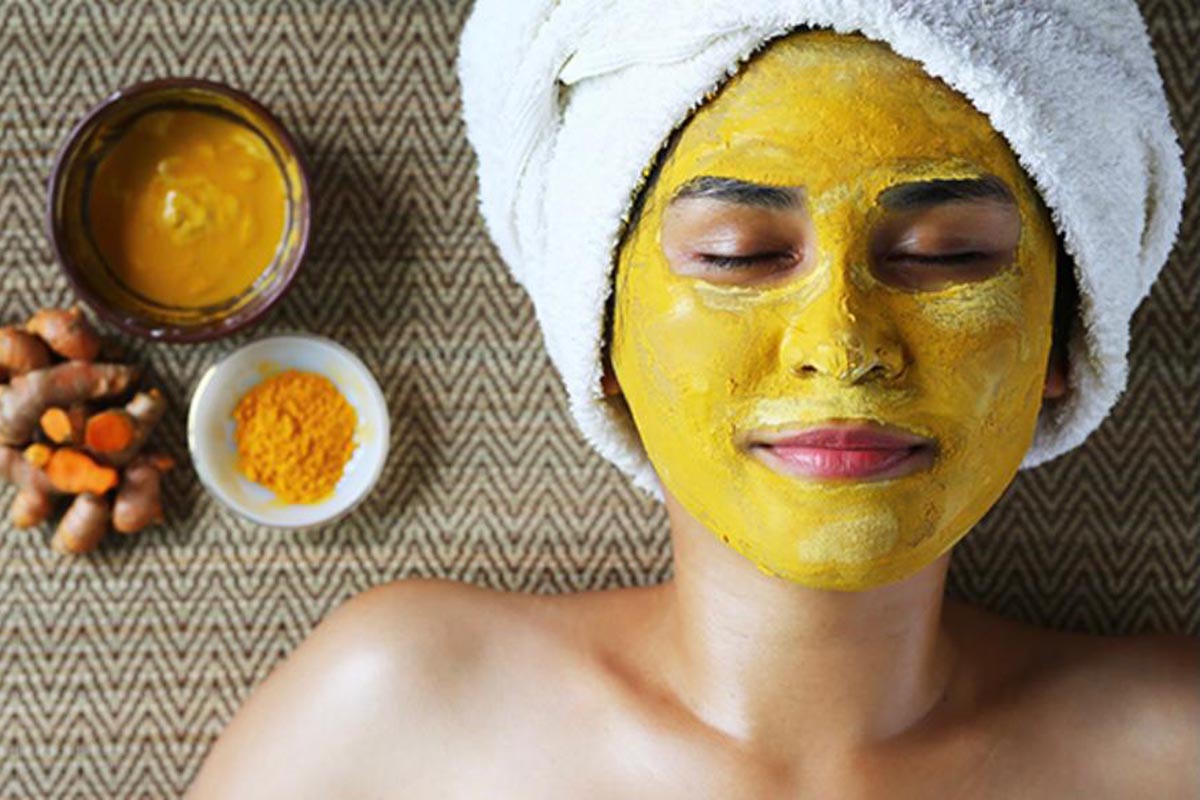A Conversation with ‘The Process’ Winners and LinkUp TV Co-founder [@RashidKasirye]
![A Conversation with ‘The Process’ Winners and LinkUp TV Co-founder [@RashidKasirye]](https://guap.co/wp-content/uploads/2022/05/aaa00ausd0a9sud09dus90duasd09us09usad09us09.png)
Link Up TV and drill godfather, LD have been working diligently behind the scenes to pay their fortunes forward via an enlightening and fresh music competition series – ‘The Process’. Presented by Capital Xtra’s Rob Bruce, the two-episode series sees six hungry and highly talented contestants go head-to-head for an opportunity to work with LD and propel themselves into the next stage within their careers.

In true Al Pacino-esque, Godfatherly fashion, LD (dubbed Godfather of drill) shared his latest single “Million”–released as a part of a new two-part competition series hosted by LinkUp TV Originals, ‘The Process’. Presented by Capital Xtra’s Rob Bruce and executively produced by Rashid Kasirye the series saw six young contestants go head-to-head for the unique opportunity to work with LD as he shows us what it really means to take risks through his music, detailing what is brought to life by both his imagery infused lyrics and the final visual product.
Drill can be a tough genre to make a break in (at the best of times). There is a lot of discourse which clouds the reality and importance of the genre. And yet this series is the first of its kind in many ways. Inspired by Dragon Den’s Steven Bartlett talking about making space for creativity, Rashid came up with the idea for the series during lockdown in 2020.
The first episode ‘Making The Hit’ saw three young producers: Paks, No Limit and Likkle Dotz in a ‘battle of the beats’ playing their instrumentals to LD and pioneer Drill figure, Fumez The Engineer. After some time deliberating LD and Fumez finally settled on LikkleDotz OTB’s beat and got straight to work in creating “Million“. The second episode ‘Making The Video’ went on to introduce three gifted directors, FPVisions, BlueBoredom and Kxvn Media who were asked to first deliver a detailed pitch, breaking down their visual concepts to LD and video director Gabriella Kingsley. After some consideration Manchester native BlueBoredom was awarded the £3000 budget.
We spoke with LinkUp TV co-founder Rashid Kasirye and the budding competition winners to get an idea of the true process behind making a track:
What was the point where you felt like you needed to do something like this competition to push yourself in order to break into that next chapter of your career?
BlueBoredom: Before it came to actually seeing the call-out for the competition, it had been something that was on my mind for the last couple of months and I was thinking… I’m working a lot with all these artists up North,in the Midlands and around and I felt like I was producing good videos, but I wasn’t consistent in getting work in with big labels or big artists for example. So yeah, as soon as I saw the call out, it felt like perfect timing for me.
Likkle Dots: I believed it was the day of the video shoot actually. that’s where I sort of knew that this is not just a little thing. I knew this was gonna be something big. And again, in my head I understand that within this music thing, its never always an upscale journey, there’s going to be waves. So once I came to the video shoot… I was like, ‘Okay, this is going to be another power move’. So it’s another part of like, branding, in a sense to get my name out there.
How did you initially respond to being accepted?
BlueBoredom: I was just in shock, to be honest. And then it was thinking.. ‘oh god, I’ve actually got to make this happen now’. So it was going from winning it to then straight into work mode. And it wasn’t until after the shoot day that it was bit more real. I felt like I could breathe for a second.
Rashid: Adding to the pressure of it all… What’s crazy is when I was editing it–Likkle Dots, you were so nervous, you were shaking the most because I zoomed in on your fingers, your fingers really started to shake. Even the idea to leave them both standing behind you guys and not allow you to look back to see their reactions… That was agreed upon when we started filming in the morning.
And it’s these little details also that make it that is really telling of what the industry truly is. Because those moments where someone might put you in an uncomfortable situation, for example.
Rashid: Facts. 100%.
How has it been balancing these things while also trying to enter such a high strung industry?
Blue Boredom: I studied film when I was at uni and I had a part time job as well which I eventually left in order to focus on the video stuff. So it wasn’t crazy hard because I’ve already navigated balancing two things in my working life. I was kind of fortunate in the sense that I was at uni when I was already building up my brand.
Likkle Dots: For me, finding the balance has been the challenge. To be honest, I don’t think I had much of a balance. From the time that I sort of started to take music serious and full time, I was in college. So in my mind I would continue to do college and music and then as soon as college is finished, I’ve already got one foot in the door and I can just go straight in.
What impact did the pandemic have on your creativity?
Blue Boredom: I went into it full time just at the start of the pandemic. For brief period of time, my work went really quiet but then it allowed me to then take on more passion projects. Because you know, other things I like filming is more like fashion and commercial sort of stuff. So I started just like making my own little fashion videos and stuff just to keep posting putting content out there. I was doing quite a lot of narrative based videos as well. So I think that helps me with my storytelling in terms of making music videos.
Likkle Dots: The pandemic was just perfect timing for me as a producer because I saw it as a gap in the market to say okay, a lot of rappers or artists are going to be at home. And I know that a lot of artists will be at home thinking that they wish they could make a song right now. So from home I could then utiliise that and send them beats. I was just working overtime–making beats every day reaching out to different people.
Going forward, what are you going to take away from this experience?
Likkle Dots: I’m the type of person that can take criticism from anybody and I’d use it. Like if there’s an obstacle I would work on it until I found a way to go around it. So even though a lot of people is given Fumez the stick for saying ‘this beat was dead…’ In my eyes I thought..’Okay? Why don’t I use this time and change my sound a bit and rebrand’. So ever since then, I’ve just been in the studio just making beats again and just thinking okay, ‘less is more’… essentially relearning to make beats again.
Blueboredom: I think the main way it kind of changed my approach is just considering the production value and technical side like lighting of a scene a bit more.. and planning as well. I think for me, it’s in terms of the shooting side of it. I wasn’t really doing what I would usually do. A lot of time, I’m usually shooting myself. So for me, it was all a whole learning experience for me. So I guess next time I’ll really be able to implement what I’ve taken from this.
How you can maintain your own brand or your own sound via an experience, which also has to incorporate the artists vision?
Likkle Dots: For me, because I studied a lot of the artists or producers in the past. For example, one I resonate with a lot was Pharrell Williams–he would produce a song, but also be a producer and an artist… Maybe where you see him in the music video, he’s there–you know, his brand. And I think another part of being a producer is not necessarily trying to bring the artist into your world, but understanding the art as we’re putting something new together, so that you can innovate.
Blueboredom: For me and my work, a lot of it is distinguished by the cinematography of it and the colours of it. A lot of time when I’m working with an artist, say, if it’s someone with LD’s status, I usually like to take in what their idea is initially and then fashion it into my way of shooting it. So the way that video will look is what will give it away and be clear that it’s done by myself.




![ZINO VINCI’S ‘FILTHY & DISGUSTING’EP BRINGS YOU TO THE CORE OF THE ARTIST [@ZinoVinci]](https://guap.co/wp-content/uploads/2023/10/Zino-4.jpg)




